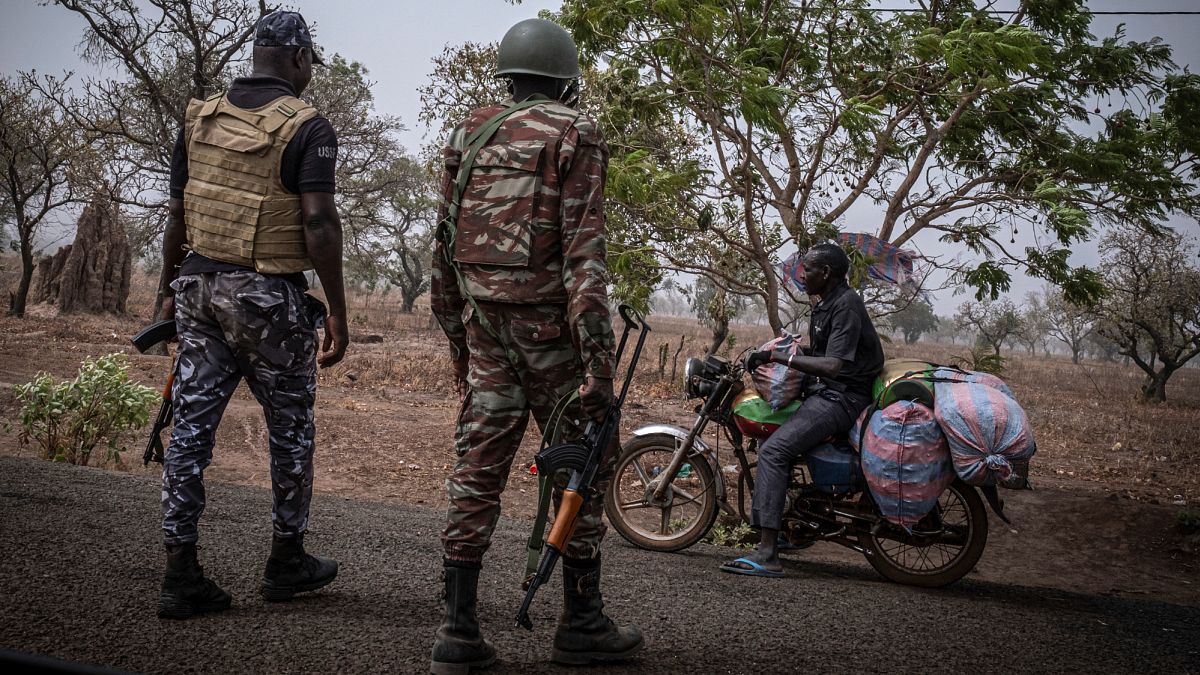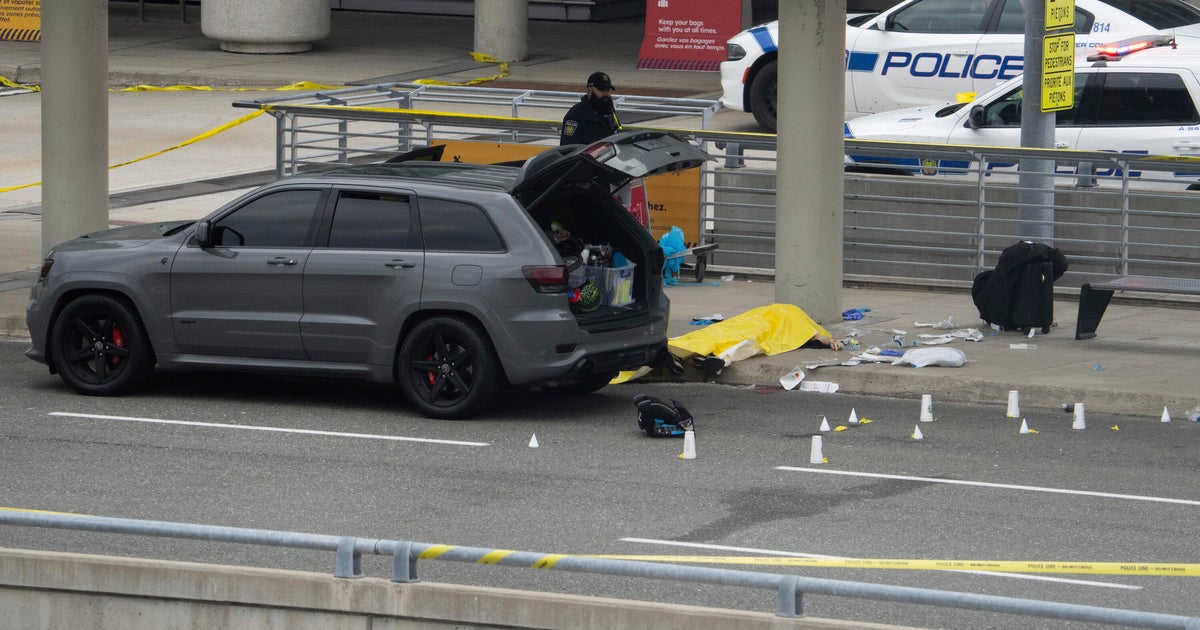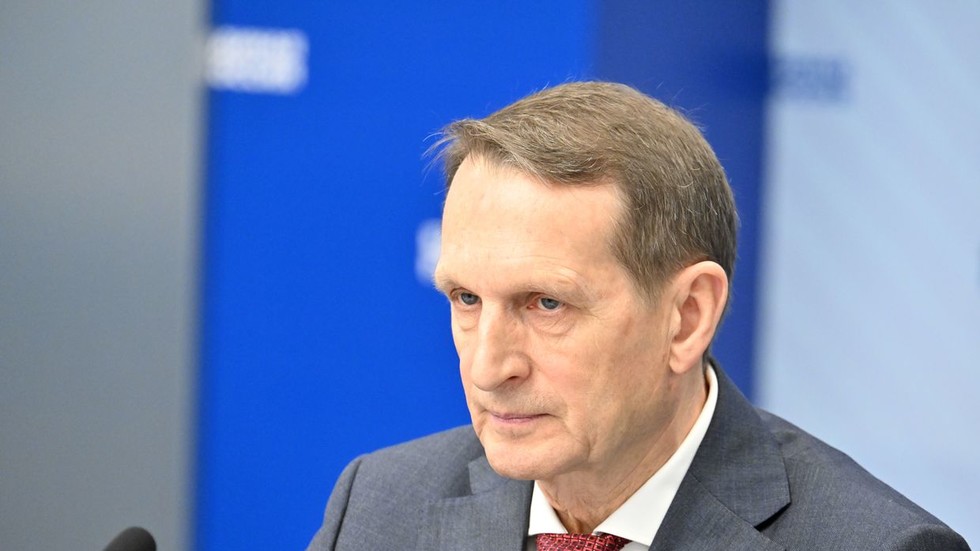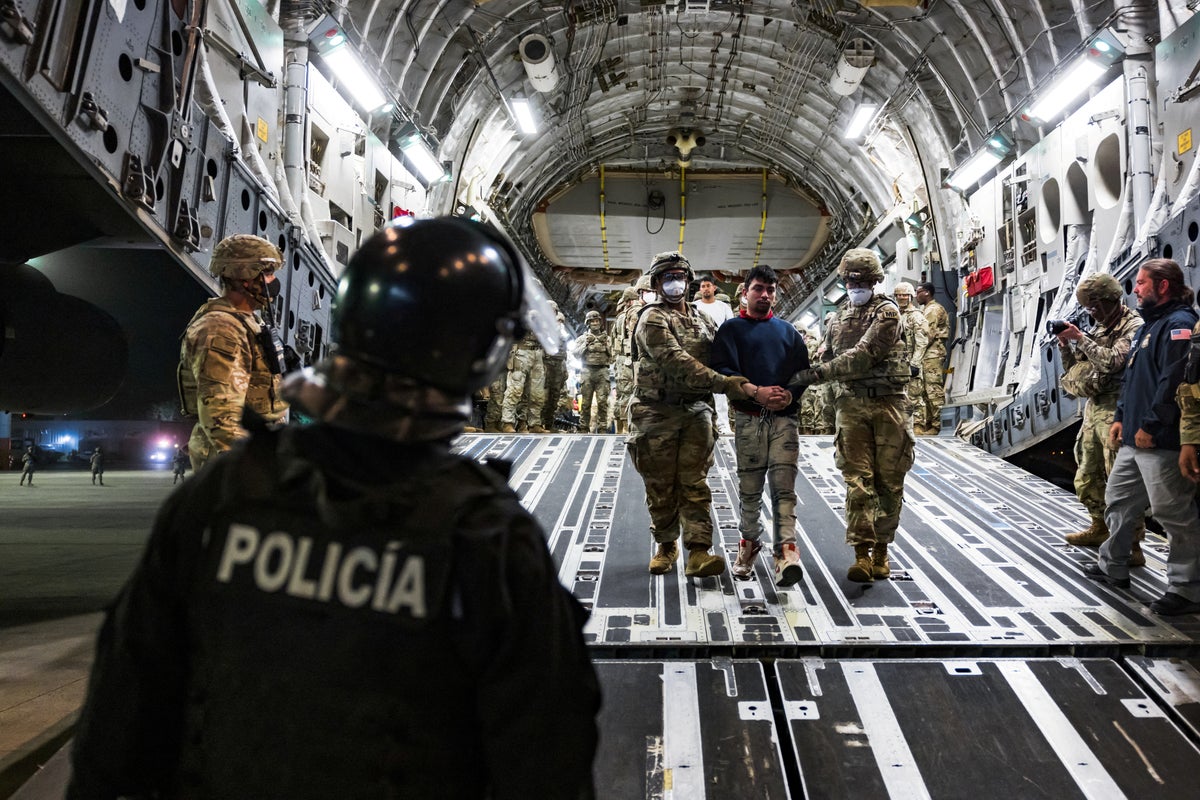 Jorge Tapia de los Reyes
Jorge Tapia de los ReyesApr 24 (IPS) -
CIVICUS discusses Ecuador’s upcoming elections with Jorge Tapia de los Reyes, Coordinator of the Democracy and Politics Department and the Political Funding Observatory of the Citizenship and Development Foundation (CDF). CDF is an Ecuadorian civil society organisation that promotes participation, citizen monitoring and open government.
On 9 February, Ecuador will hold presidential and parliamentary elections in a context of heightened violence and political tension. President Daniel Noboa, elected just 18 months ago to complete his predecessor’s truncated term, is seeking re-election on a platform of taking a strongarm approach to organised crime and heads the polls at 45 per cent. His main rival, Luisa González, seeks to become the first woman president, and is running on a human rights platform with the backing of former left-wing president Rafael Correa. She is polling at 31 per cent.
 Jorge Tapia de los ReyesWhat challenges will the next president face?
Jorge Tapia de los ReyesWhat challenges will the next president face?Four main challenges stand out: insecurity, unemployment, the electricity crisis and governability.
Insecurity is people’s main concern. In January 2025, Ecuador recorded 732 violent deaths, almost twice as many as in January 2024. This has a serious impact on daily life and the economy, as it discourages investment or makes business operations unsustainable, with owners forced to pay large sums of ‘protection’ money to criminal gangs every month.
Another critical challenge is unemployment. Although the official rate was 2.7 per cent at the end of 2024, informal employment reached 58 per cent, meaning that more than half of the workforce is not covered by social security and tends to earn less than the minimum wage. A high level of informal employment also affects the ability of the social security system to pay pensions and cover health benefits.
The third fundamental problem is the electricity crisis. Ecuador faces structural problems that led to blackouts of up to 14 hours between September and December last year. Although the government attributed it to a drought, experts point to the lack of investment and maintenance as the main cause of the crisis. Power outages are expected to recur in April 2025.
Finally, there is a major governability challenge. Polls predict a fragmented National Assembly, with the ruling party and the opposition Citizens’ Revolution, the party founded by Correa supporters, each holding between 48 and 52 seats out of a total of 151. This will force them to negotiate political agreements to pass laws and run the government. There is also the possibility of a process to amend the constitution, as envisaged in the Citizen Revolution’s platform and mentioned by government spokespeople, although none of the parties has specified what constitutional changes they would push for.
What are the candidates proposing to tackle violence and insecurity?
This campaign offers two opposing visions of how to tackle insecurity. Twelve of the 16 presidential candidates are taking a tough-on-crime approach, proposing harsher prison sentences, increased military control on the streets and reforming laws to increase penalties for drug users. Two of them have gone as far as to propose the introduction of the death penalty for some crimes, although fortunately they have little support in the polls.
Only four candidates, mainly from the left, have a more holistic vision, centred on human rights, proposing processes of social rehabilitation, integration and support programmes to counter the infiltration of drug trafficking in vulnerable populations.
Civil society has warned of the dangers of punitive and securitised approaches, particularly when it comes to the militarisation of the streets, given that armed forces are trained differently from the police and experience shows this often leads to human rights violations.
How has violence affected the campaign?
Political violence has escalated significantly since the 2023 murder of presidential candidate Fernando Villavicencio, requiring a heavy security presence at political events and campaigns. Our Observatory on Security, Defence and the Fight against Organised Crime documented several attacks and threats against politicians in 2024, particularly at the local level. This phenomenon is linked to the growth of organised crime, the expansion of drug trafficking and the weak institutional response.
So far in the campaign, there have been four serious attacks on prominent political figures: the assassination of the mayor of Arenillas, in southern Ecuador; an attack on the family car of presidential candidate Jimmy Jairala in Guayaquil, which injured the driver and bodyguard; an armed attack on Socialist Party candidate Joselito Argüello and his father in Santa Elena; and the kidnapping of ruling party assembly member Yadira Bayas.
It is important to note, however, that this violence has not extended to election days, which have been relatively peaceful in recent years. The most common incidents on election day are limited to attempts by supporters to enter polling stations carrying campaign material, which is prohibited because a ban on campaigning comes into force on the Thursday before an election.
What measures have been taken to ensure election integrity?
The National Electoral Council (CNE) has a transparent data transmission system that allows for real-time visualisation of results. Each polling station records the results, which are immediately transmitted by scanner to a data processing centre. An important innovation in these elections will be the possibility of accessing the scanned protocols in real time through the CNE website, allowing observers and citizens to verify the legitimacy of the results.
But the election is not only in the hands of the CNE, but also in those of citizens, who are the great shield that protects democracy. International observers will also play a key role, with a European Union (EU) mission monitoring computing centres in each province. Unfortunately, due to the current crisis in the US international cooperation system, this time civil society’s capacity to observe the elections will be limited due to the lack of US funding. This will make the cooperation of citizens and the EU all the more important.
What regional and international implications could the results have?
The elections could lead to two scenarios with different international repercussions. A victory for the extreme right, associated with figures such as Donald Trump, Argentina’s President Javier Milei and the former president of Brazil, Jair Bolsonaro, could pose a threat to civil society, given its tendency to limit institutional checks and balances and the rule of law. A victory for the left, identified with ‘21st century socialism’, could isolate Ecuador, as it is closer to the authoritarian government of Nicolás Maduro in Venezuela than the progressive democratic governments of Brazil and Chile.
On the international stage, Ecuador is in a complicated situation due to its trade war with Mexico, which President Noboa initiated by imposing a 27 per cent tariff on Mexican imports, emboldened by Trump’s rise to the US presidency. Diplomatic relations between the two countries have been severed since April 2024, when Ecuadorian police and military forces raided the Mexican embassy in Quito to remove an Ecuadorian politician convicted of corruption who had been granted asylum there. The radicalisation of the Ecuadorian government could affect its trade agreements with partners such as Canada and the EU, which closely follow the political situation in Ecuador.
For Ecuadorian civil society, it is essential that candidates demonstrate their commitment to the rule of law and constitutional provisions. Behaviour during the electoral campaign is often a reliable indicator of how candidates will act once in power, so it’s crucial people take this factor into account when casting their votes. We cannot complain later about bad governance if we elect candidates who have already shown questionable behaviour during the campaign.
GET IN TOUCHFCD/WebsiteFCD/FacebookFCD/InstagramFCD/TwitterFCD/YouTubeJorge/LinkedInJorge/Twitter
SEE ALSOEcuador: ‘Violence is linked to the deterioration of the living conditions of young people from low-income groups’ CIVICUS Lens | Interview with Mauro Cerbino 25.Jan.2024 Ecuador: ‘The election provided a temporary escape valve, but instability is not over’ CIVICUS Lens | Interview with Humberto Salazar 22.Oct.2023 Ecuador: ‘Democracy has allowed room for organised crime and narco-politics to grow’ CIVICUS Lens | Interview with Mauricio Alarcón Salvador 16.Aug.2023
Follow @IPSNewsUNBureau
Follow IPS News UN Bureau on Instagram
© Inter Press Service (2025) — All Rights Reserved. Original source: Inter Press Service

 3 hours ago
6
3 hours ago
6









